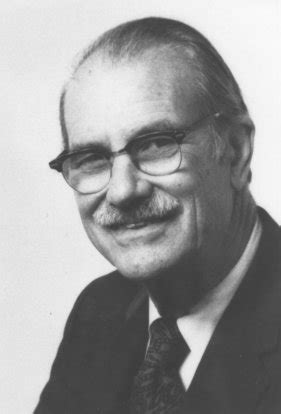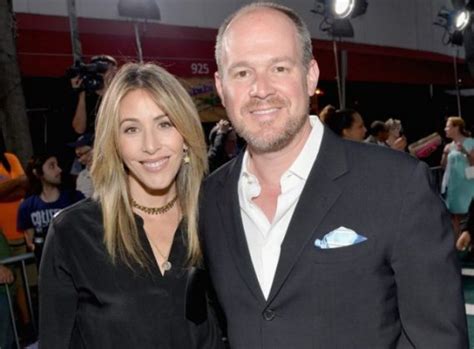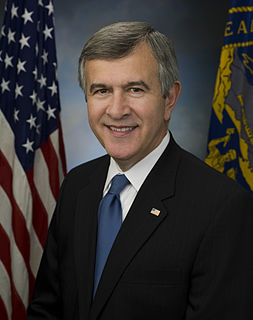A Quote by Adrian Smith
Any approach to scientific inference which seeks to legitimize it and answer in reponse to complex uncertainty is, for me, a totalitarian parody of a would-be rational learning process.
Related Quotes
The modern world needs people with a complex identity who are intellectually autonomous and prepared to cope with uncertainty; who are able to tolerate ambiguity and not be driven by fear into a rigid, single-solution approach to problems, who are rational, foresightful and who look for facts; who can draw inferences and can control their behavior in the light of foreseen consequences, who are altruistic and enjoy doing for others, and who understand social forces and trends.
If complex organisms demand an explanation, so does a complex designer. And it's no solution to raise the theologian's plea that God (or the Intelligent Designer) is simply immune to the normal demands of scientific explanation. To do so would be to shoot yourself in the foot. You cannot have it both ways. Either ID belongs in the science classroom, in which case it must submit to the discipline required of a scientific hypothesis. Or it does not, in which case, get it out of the science classroom and send it back to church, where it belongs.
We should always keep an open mind about any new phenomenon in nature. To merely say that's impossible, therefore it doesn't exist, is to commit a serious error. A much better approach would be to say That's quite unlikely, but show me the evidence you have that says that it may be so. It would be the height of arrogance to think that man knows everything possible about the Universe or the Earth. There are many things yet to be discovered, and that is why we have scientific research (or any kind of research). That should be the rationalist's approach to parapsychology and the occult.
The scientific method is the ultimate elegant explanation. It is the ultimate foundation for anything worthy of the name "explanation". It makes no sense to talk about explanations without having a process for deciding which are right and which are wrong, and in a broad sense that is what the scientific method is about. All of the other wonderful explanations celebrated here owe their origin and credibility to the process by which they are verified-the scientific method.
Unfortunately, philosophers of science usually regard scientific realism and scientific anti-realism as monistic doctrines. The assumption is that there is one goal of all scientific inference - finding propositions that are true, or finding propositions that are predictively accurate. In fact, there are multiple goals. Sometimes realism is the right interpretation of a scientific problem, while at other times instrumentalism is.
To be a scientist you have to be willing to live with uncertainty for a long time. Research scientists begin with a question and they take a decade or two to find an answer. Then the answer they get may not even answer the question they thought it would. You have to have a supple enough mind to be open to the possibility that the answer sometimes precedes the question itself.
But our ways of learning about the world are strongly influenced by the social preconceptions and biased modes of thinking that each scientist must apply to any problem. The stereotype of a fully rational and objective scientific method, with individual scientists as logical (and interchangeable) robots, is self-serving mythology.




































